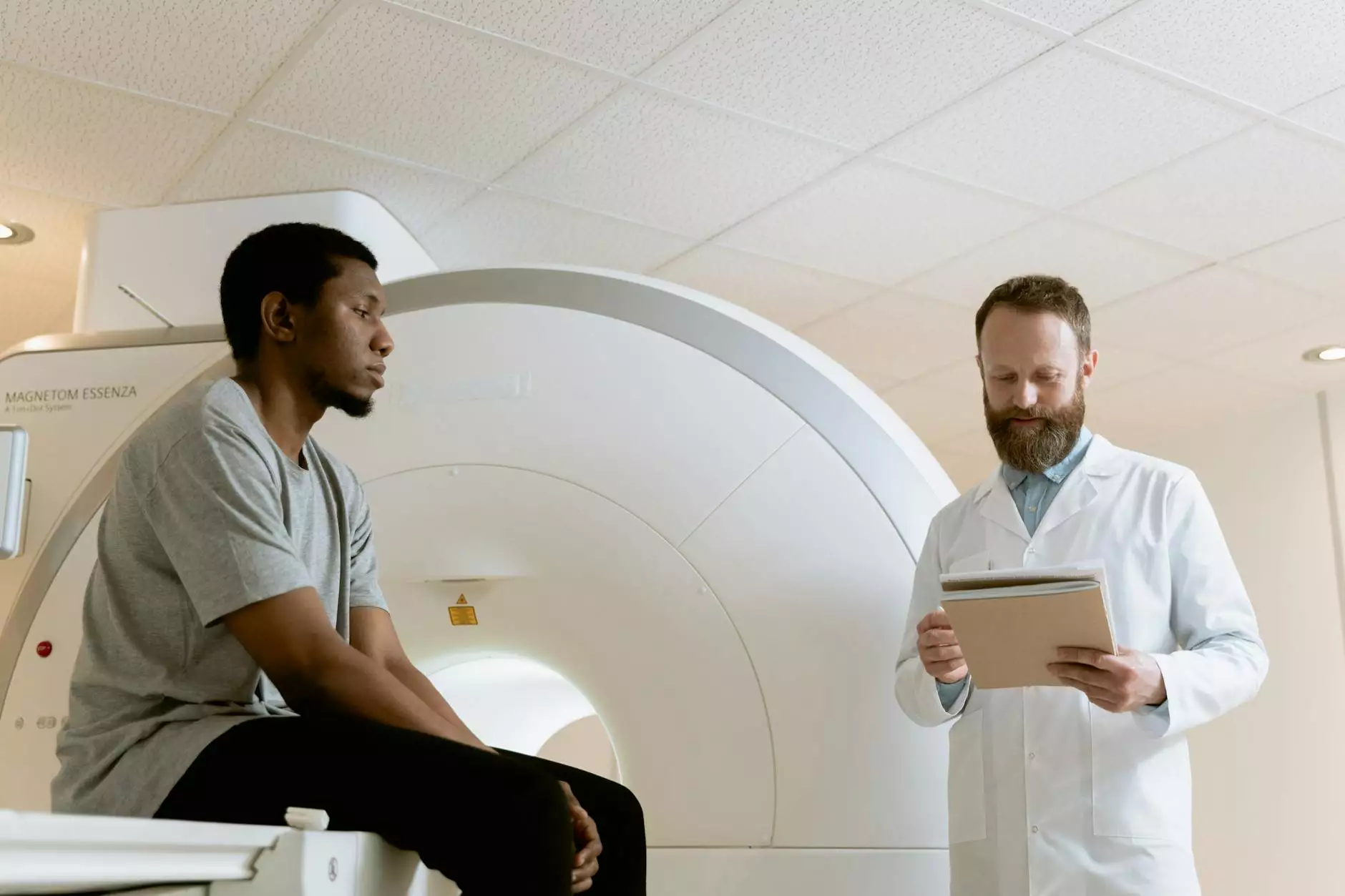The Vital Role of Synagogues and Religious Organizations in Our Community

Is there anything more powerful than a community united in faith? Religious organizations, including synagogues and churches, serve as cornerstones to many communities, providing not only spiritual guidance but also a sense of belonging. At Zion NYC, we delve into the vital importance of these establishments and their multifaceted contributions to society.
The Historical Significance of Synagogues
Synagogues have a rich history that can be traced back to the ancient Israelites. They emerged as places of worship and gathering during the Babylonian Exile, where Jewish people sought a centralized place for community prayer and reading of the Torah. Over the centuries, synagogues have evolved into more than just places of worship; they have become essential community hubs.
Community and Identity
In today's fast-paced world, synagogues create spaces where individuals can forge meaningful connections. They provide a shared identity among members, promoting unity and understanding. By participating in traditional practices and social events, congregants reinforce their cultural heritage, ensuring the continuation of customs and values for future generations.
Activities and Programs Offered by Synagogues
Synagogues are vibrant centers of activity. They offer a plethora of programs aimed at engaging individuals of all ages. Here’s an overview of common initiatives:
- Religious Services: Regular worship services are the heartbeat of the synagogue community, offering spiritual nourishment and a chance for collective prayer.
- Educational Programs: From Hebrew school for children to adult education classes on Torah study, synagogues provide learning opportunities that deepen understanding and knowledge.
- Community Events: Synagogue-sponsored events, such as holiday celebrations, cultural nights, and community service projects, foster camaraderie and welcome participation from all.
- Support Services: Many synagogues offer counseling and support groups for members in times of crisis, showcasing their commitment to the well-being of congregants.
The Importance of Religious Organizations
Beyond synagogues, other religious organizations also play a significant role in shaping the social fabric of our communities. They foster a sense of purpose, inspire individuals to reach out to others, and nurture values such as compassion, tolerance, and service.
Building a Caring Community
At their core, religious organizations strive to build caring communities. They encourage members to engage with their surroundings, promoting volunteerism and supporting those in need. Initiatives may include food drives, shelter services, and educational outreach. This commitment to service cultivates a stronger, more compassionate society.
Churches and Their Role in Spiritual Life
Churches hold an equally important place in fostering spiritual life and community cohesion. They provide vital spiritual resources, enabling individuals to explore their faith journey through various programs and services designed for educational and pastoral care.
Dynamic Worship Experiences
Churches offer dynamic worship experiences that cater to diverse congregations. Whether through passionate sermons, inspirational music, or community testimonies, each service seeks to uplift and inspire. This dynamic approach to worship not only strengthens individual faith but also encourages communal participation.
The Impact of Technology on Religious Engagement
In recent years, technology has transformed how synagogues and religious organizations engage with their members. Virtual services and online resources have made participation accessible, breaking down barriers for those unable to attend in person. This technological shift has fostered new ways of connecting, allowing community members to remain engaged and supportive of one another regardless of distance.
Innovative Outreach Strategies
Many organizations are adopting innovative outreach strategies, including social media engagement, podcasts, and live-streaming services. These tools not only enhance community connectivity but also allow for a broader reach, inviting new members and participants from various backgrounds.
Strengthening Interfaith Relations
The presence of synagogues, churches, and other religious organizations opens the door to interfaith dialogue. By fostering collaborations with various faiths, these establishments promote understanding, respect, and unity among diverse communities. Events such as interfaith services or community discussions celebrate shared values, reinforcing the importance of peaceful coexistence.
Supporting Mental Health Through Faith
In times of personal crisis, many find solace within their religious communities. Spiritual leaders often play a pivotal role in addressing mental health needs, providing guidance, and creating safe spaces for individuals to share their struggles. Through compassionate counseling and community support, synagogues and churches can significantly contribute to the overall mental health and well-being of their congregants.
Conclusion: The Future of Synagogues and Religious Organizations
As we look towards the future, the role of synagogues and religious organizations remains crucial. Their ability to adapt to modern societal changes while staying true to their core values is what keeps them relevant. They will continue to be beacons of hope, sources of strength, and anchors of community for generations to come.
At Zion NYC, we celebrate the invaluable contributions of synagogues, churches, and religious organizations, as they work tirelessly to make a positive impact in the lives of individuals and the broader community. Together, we can foster a spirit of unity, understanding, and love, creating a more harmonious world for all.
https://zion.nyc/








